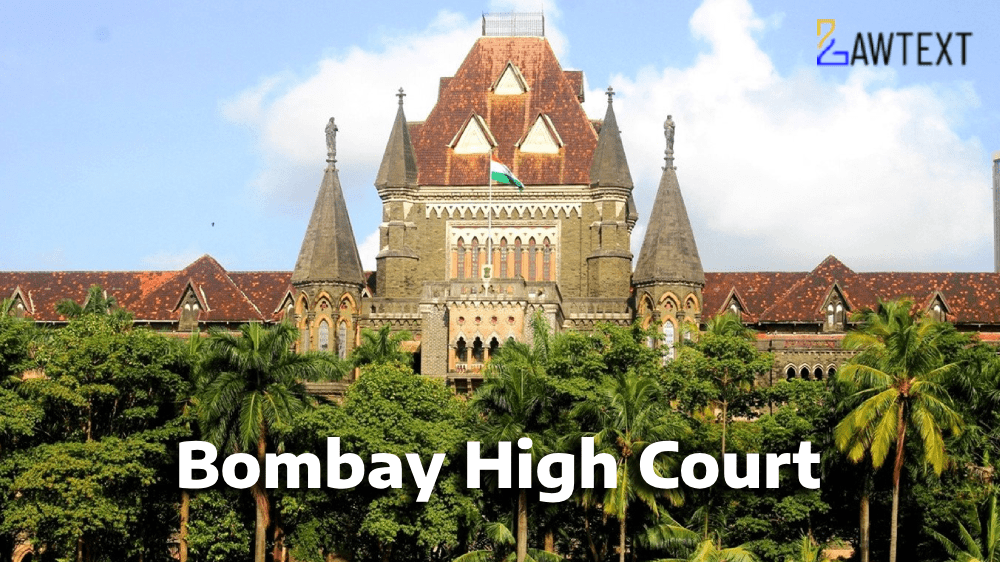

The Bombay High Court dealt with an appeal from the State challenging the acquittal of the respondent in a bribery case. The Anti-Corruption Bureau (ACB) had set a trap after the accused Talathi allegedly demanded bribes for updating land records. The trial court had acquitted the accused due to inconsistencies in evidence and invalid sanctioning authority. The High Court, while disagreeing with some findings on demand and acceptance, ultimately dismissed the appeal due to the invalidity of the sanction, as it was issued by a Sub-Divisional Officer instead of the Collector.
1. Introduction:
2. Issues with ACB Cases:
3. Acquittal Grounds:
4. Appeal Scope and Presumption of Innocence:
5. Prosecution Witnesses:
6. Background of the Case:
7. Trap Details:
8. Inconsistencies in Evidence:
9. Positive Anthracene Test:
10. Invalid Sanction:
Acts and Sections Discussed:
Prevention of Corruption Act, 1988:
Maharashtra Land Revenue Code, 1966:
Constitution of India, Article 311:
Ratio Decidendi:
The judgment was based on the principle that a sanction for prosecution must be granted by a competent authority. In this case, the Sub-Divisional Officer was not competent to sanction the prosecution under Article 311 of the Constitution, making the sanction invalid. Therefore, the appeal was dismissed despite the court’s disagreement on the trial court's findings regarding demand and acceptance.
Subjects:
Criminal Law, Corruption Law, Administrative Law
Anti-Corruption Bureau, Prevention of Corruption Act, invalid sanction, judicial acquittal, Maharashtra Land Revenue Code, Article 311
Citation: 2024 LawText (BOM) (9) 300
Case Number: CRIMINAL APPEAL NO.235 OF 2011
Date of Decision: 2024-09-30
Case Title: The State of Maharashtra Versus Ramdas Bhagwan Vairat
Before Judge: S. M. MODAK, J.
Advocate(s): Mr.Hitendra J. Dedhia:- APP for Appellant – State. Mr.Vishal Patil:- Advocate for Respondent.
Appellant: The State of Maharashtra
Respondent: Ramdas Bhagwan Vairat